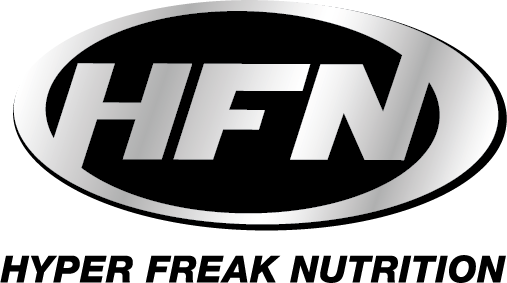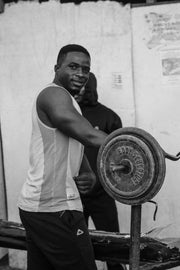Why should I consume muscle recovery supplements?
Muscle recovery supplements are important because they help support the recovery process after intense physical activity or exercise. This is because during exercise, muscles undergo microtears and metabolic stress which can result in muscle soreness, fatigue, and decreased performance.
Recovery supplements typically contain ingredients such as protein, amino acids, antioxidants, and electrolytes that help replenish the nutrients that were lost during exercise and support the repair and growth of damaged muscle tissue. Some common muscle recovery supplements include whey protein, creatine, glutamine, and branched-chain amino acids (BCAAs). You can buy HFN Glutaplus online that is a certified recovery supplement.
How are muscle recovery supplements different from other supplements?
Compared to other types of supplements, muscle recovery supplements tend to be more focused on supporting the repair and growth of muscle tissue, rather than providing energy, enhancing athletic performance, or improving overall health and wellness.
What supplements should be consumed for muscle recovery?
There is a wide range of supplements that are commonly used to support muscle recovery and enhance athletic performance that you can find online on HFN’s official website. However, it is important to keep in mind that no single supplement can replace a balanced diet and proper training. Here are a few supplements that may help with muscle recovery:
- Protein: Protein is essential for muscle growth and repair, and can be particularly useful after intense exercise. High-quality protein sources include whey, casein, soy, and pea protein.
- Creatine: Creatine is a naturally occurring substance that is stored in muscle cells and used for energy during high-intensity exercise. Supplementing with creatine has been shown to increase muscle strength and power, as well as reduce muscle damage and inflammation.
- BCAAs: BCAAs are a group of three essential amino acids (leucine, isoleucine, and valine) that are involved in protein synthesis and muscle recovery. BCAAs can help reduce muscle damage and enhance muscle recovery when taken before and after exercise.
- Glutamine: HFN Glutamine is an amino acid formula that helps support the immune system and promotes muscle recovery. It can also help reduce muscle soreness and improve muscle function. You can buy it online at HFN where you can find the best supplements for recovery.
- Vitamin D: Vitamin D is essential for bone health and may also play a role in muscle function. Low levels of vitamin D have been associated with increased muscle damage and slower recovery from exercise.
These are some of the most used supplements for muscle recovery, but it’s important to talk to your doctor or a sports nutritionist before starting any new supplement regimen. They can help you determine what, if any, supplements are right for you based on your individual needs and goals.
How to consume muscle recovery supplements?
The specific consumption instructions for muscle recovery supplements can vary based on the type of supplement and the manufacturer’s recommendations. Here are some general guidelines for common muscle recovery supplements:
- Protein: Protein supplements can be consumed as a shake or blended into a smoothie, usually immediately after exercise. The recommended serving size varies depending on your individual protein needs, but a serving of 20-30 grams of protein is a good starting point.
- Creatine: Creatine supplements are usually taken in the form of a powder, mixed into a drink or shake. The recommended starting dose is typically 5 grams per day, but some research suggests that a loading phase of 20-25 grams per day for 5-7 days may be more effective.
- Branched-Chain Amino Acids (BCAAs): BCAAs are typically taken before, during, and after exercise. The recommended dose is usually 2-10 grams per serving, depending on the specific product.
- Glutamine: Glutamine supplements can be taken in the form of a powder or capsule, and are usually taken before, during, or after exercise. The recommended dose is typically 5-15 grams per day.
- Vitamin D: Vitamin D supplements are usually taken as a capsule or in liquid form. The recommended daily dose of vitamin D varies based on age, sex, and other factors.
It is important to follow the brand’s instructions and to talk to your doctor or a sports nutritionist before starting any new supplement regimen. They can help you determine the best way to consume muscle recovery supplements based on your individual needs and goals.
Conclusion
In conclusion, recovery supplements can help reduce muscle soreness and inflammation, and improve recovery time, allowing you to get back to your training or physical activity sooner. However, it is important to keep in mind that supplements are just one part of a comprehensive recovery plan, which should also include proper nutrition, hydration, and adequate rest. You should always consider taking muscle recovery supplements under a trainer or medical professional.



